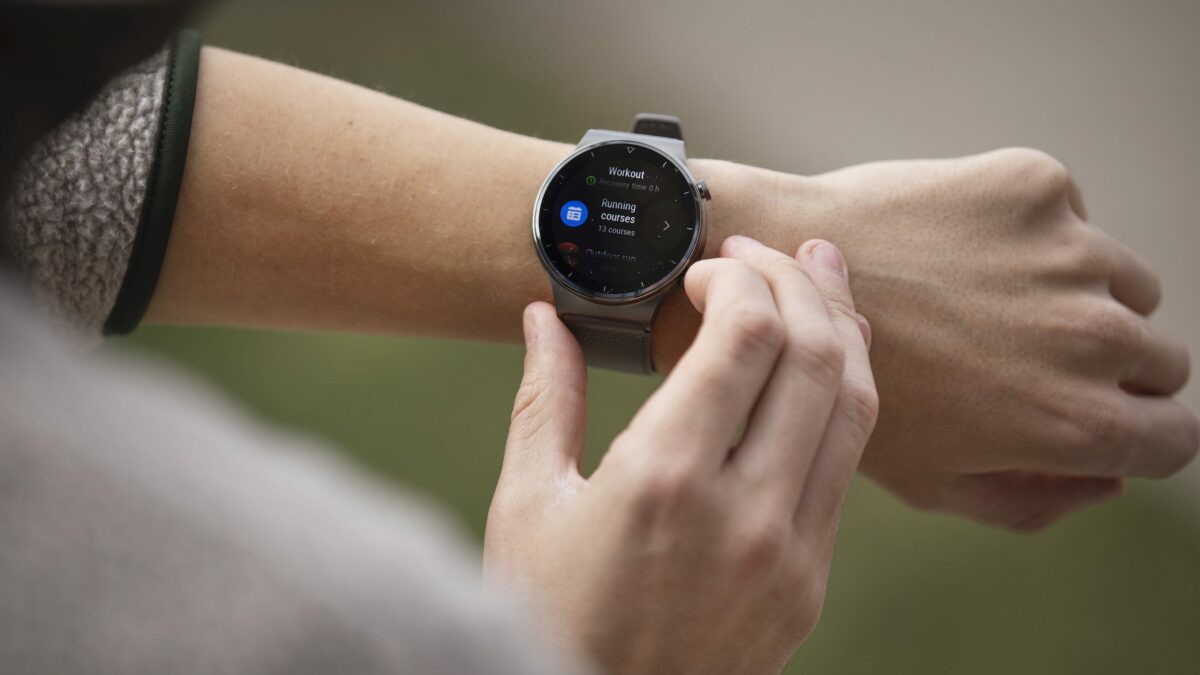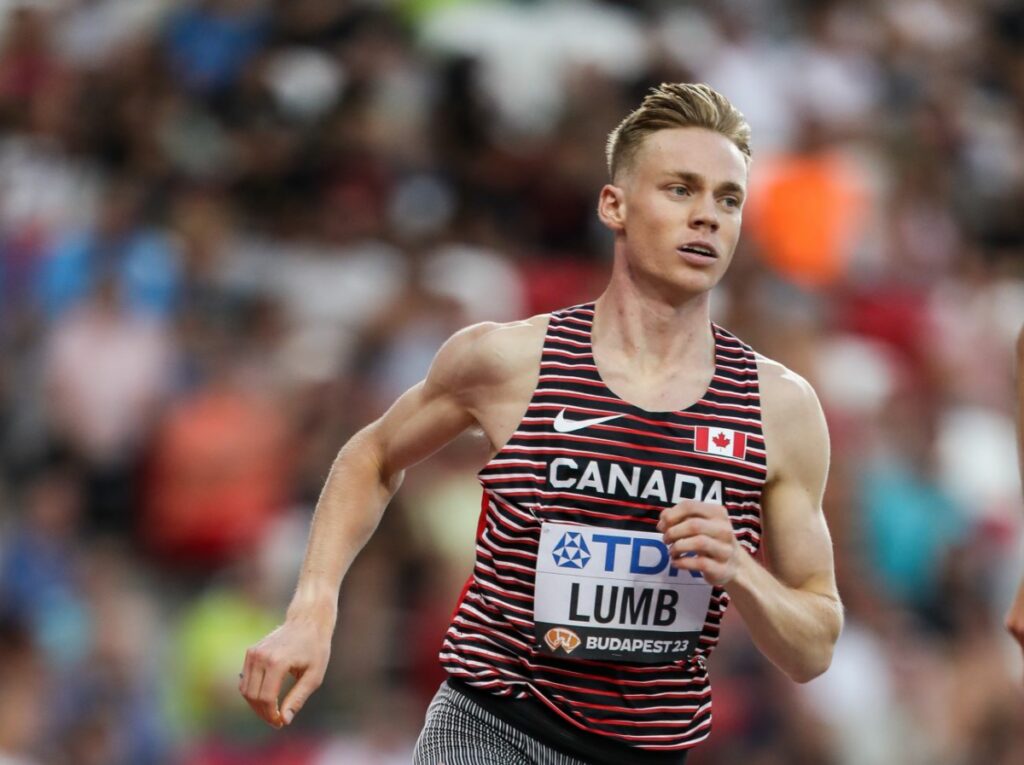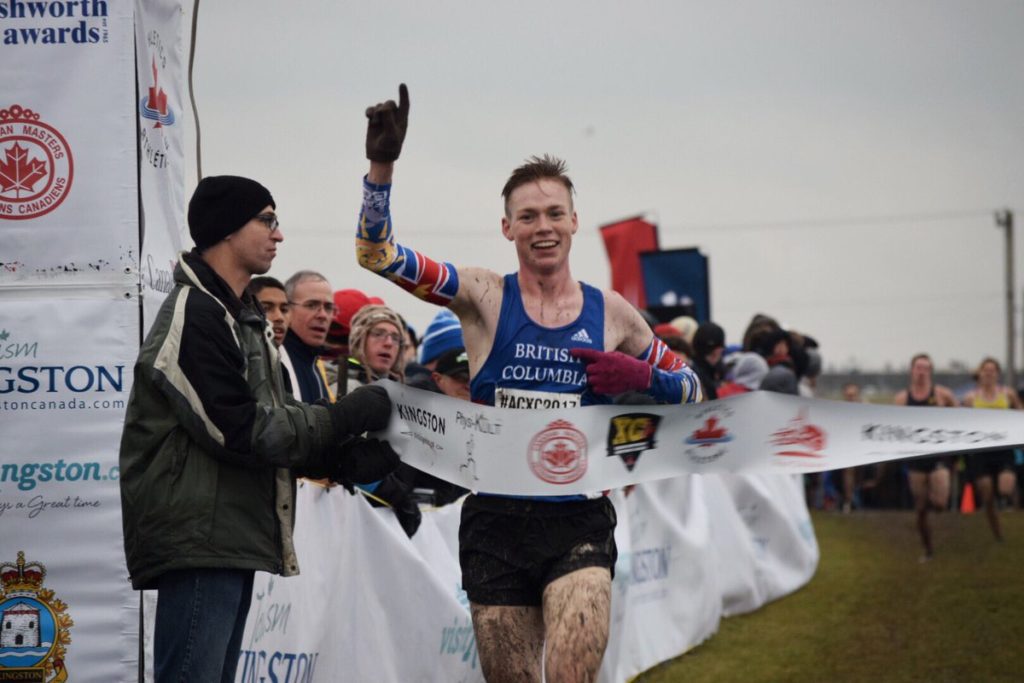Canadian record holder Kieran Lumb doesn’t wear a GPS watch. Should you?
Focusing intensely on metrics like pace, distance and heart rate can be at the expense of other crucial aspects of your training
 Photo by:
Nick Iwanyshyn
Photo by:
Nick Iwanyshyn
In an era of ever-advancing technology, GPS watches have become an essential accessory for most runners. These high-tech devices promise to track every step and minute of sleep, as well as giving you real-time data on distance, pace and heart rate. While GPS watches can undoubtedly enhance your training, they also have their downsides.
In an interview with The New York Times, recent Canadian 3,000m record holder Kieran Lumb revealed that he has not worn a GPS watch since his senior year of high school, saying he switched because he believed he was vulnerable to the tempting allure of data-at-a-glance.

One of the pitfalls of GPS watches is the potential for over-reliance on data–metrics like pace, distance and heart rate–often at the expense of other crucial aspects of their training. If you are over-analyzing these metrics, it can lead to self-doubt or even injury.
In his first year of university, Lumb made the switch to a Casio calculator watch that didn’t even have a proper lap function for track workouts. “I’d just have to remember all my splits,” Lumb told the Times. Now, his coach, Andy Powell, the head coach at the University of Washington, creates weekly workout sheets for him, which is he required to fill out and file in a three-ring binder.
“There’s something nice about slowing down and writing it by hand that I find almost endearing,” Lumb said. “It’s taken a while for me to be less neurotic, but it’s liberating.”
With the data from your watch being uploaded to online social media sites like Strava, RunKeeper and Training Peaks, it’s easy to get caught up in the culture of comparison. While friendly competition can be motivating, it can also lead to anxiety, discouragement and unhealthy and unsustainable training habits.

Lumb noted that since runners are naturally competitive, it’s easy to become obsessed with the numbers, and focusing solely on the numbers can lead you to become disconnected from your reason for running. Running gives us an opportunity to connect with nature, breathe fresh air, and let our minds wander freely. GPS watches often encourage a tunnel-vision approach to running.
So, while GPS watches offer undeniable benefits for tracking your health and improving your running performance, they are not the best fit for everyone. If you are reading this and feel that you might be caught up in the data, try leaving the GPS watch at home to reconnect with the sport. Listen to your body, enjoy the moment and let your runs become a mindful journey, rather than a data-driven race.

